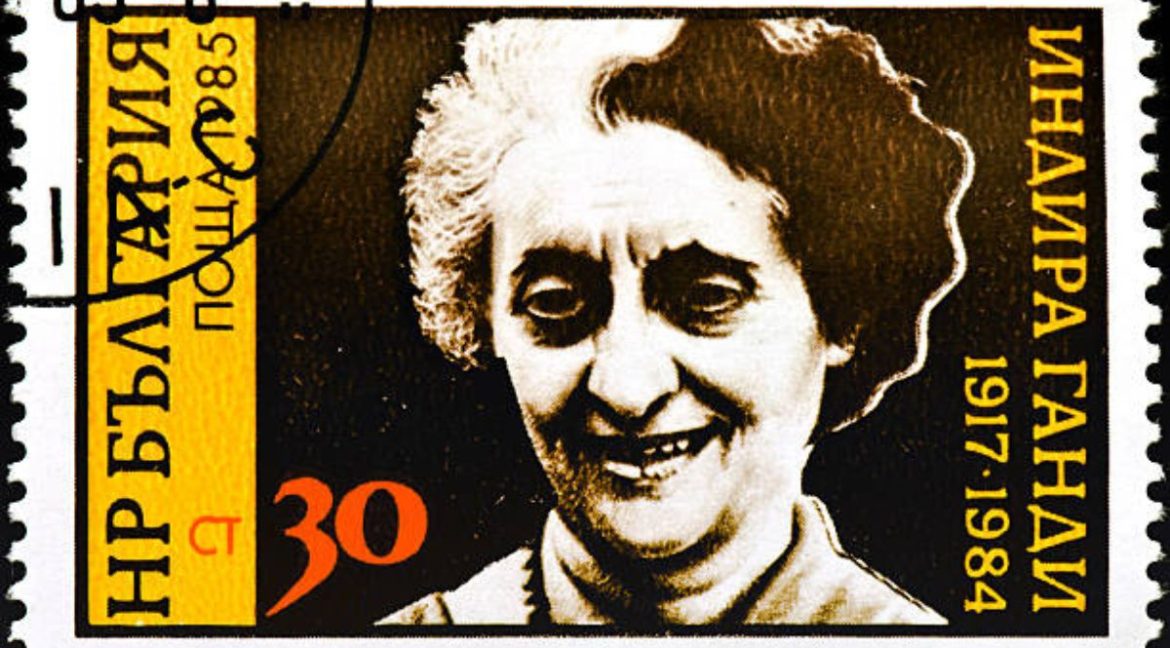Indira Gandhi, the first woman prime minister of India, is remembered as a leader who played a significant role in shaping India’s political landscape during the 20th century. Born on November 19, 1917, in Allahabad, India, she was the daughter of India’s first prime minister, Jawaharlal Nehru. Her father’s political legacy inspired her to join politics at a young age, and she quickly made a name for herself as a shrewd politician and a fierce leader.
In 1959, Indira Gandhi was assigned to the Rajya Sabha, the Indian parliament’s upper house, and this marked the beginning of her political career. She was chosen to serve as Lal Bahadur Shastri’s Minister of Information and Broadcasting in 1964. Indira Gandhi was elected as the Indian National Congress party’s leader following Shastri’s tragic death in 1966, making her the first woman prime minister of India.
During her tenure as first woman prime minister of India, Indira Gandhi implemented several policies and reforms that transformed India’s economy and society. She nationalised several key industries, including banks, insurance companies, and coal mines, which led to a significant expansion of the public sector. She also introduced the “Green Revolution,” a series of agricultural reforms aimed at increasing food production and reducing food shortages.
Indira Gandhi’s early life was spent in the midst of the Indian independence movement. Her father was a key figure in this movement, and Indira Gandhi grew up listening to him and his colleagues discussing the future of an independent India. She was educated in India and then went to Oxford University in the UK to study politics and economics.
After returning from the UK, Indira Gandhi became involved in the Indian National Congress and played an active role in the movement for independence. She was the party’s national president from 1959 to 1960 and from 1978 to 1984.
The late Feroze Gandhi was the husband of Indira Gandhi. She married him on March 26, 1942, and they raised two kids together. During the 1955 Congress and central election for the party, she was appointed to serve on the working committee. In 1956, she led the women’s division of the All India Congress and was appointed as the chairman of the A.I.C.C. ‘s National Council for Integration and began to serve on the Central Parliamentary Congress Board two years later. She became the president of the Indian National Congress in 1959 and served until 1960, and then from 1978 to 1980 again. She also served as the Minister of Broadcasting and Information from 1964 to 1966. She was the first woman prime minister of India from January 1966 till March 1977. In doing so, she served as Minister of Atomic Energy from September 1967 until March 1977.
She had also worked in other departments, serving as Minister of Home Affairs from June 1970 to November 1973 and Minister of Space from June 1972 to March 1977, which contributed towards diversifying her experience. In the winter of January 1980, Indira began to preside over the Planning Commission and around the same time she resumed her role as first woman prime minister of India. Several independent groups and bodies, such as Kasturba Gandhi Memorial Trust, Gandhi Smarak Nidhi, and the Kamala Nehru Memorial Hospital, are just a few of the many organisations and institutions that Indira Gandhi worked with as part of her support for social causes.
Indira Gandhi strongly advocated for India’s sovereignty and played a key role in formulating the country’s foreign policy. She was a vocal supporter of the Non-Aligned Movement and worked to strengthen India’s relations with other countries, particularly those in the developing world. She also played a key role in India’s victory in the 1971 war with Pakistan, which led to the creation of Bangladesh.
Indira Gandhi was a trailblazer who shattered the glass ceiling and paved the way for women in Indian politics. Her legacy as first woman prime minister of India will always be remembered, and her contribution to India’s development and foreign policy is undeniable. However, her authoritarian tendencies act as a reminder for future politicians. Her life and legacy continue to inspire generations of women in India to pursue their dreams, be it in politics or elsewhere, and fight for their rights and grasp opportunities to secure a life and career of their own choice.

